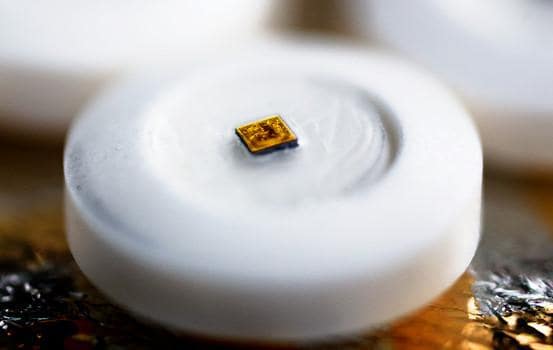
A Digital Pill
Airlines have been looking for newer ways to give their passengers a better flying experiences. These range from better seats to more in-flight entertainment options. In the future though, they could also give a much more personalized service to each of their passengers.
A patent filed in the UK’s Intellectual Property Office describes an ‘ingestible sensor’ that’s part of a system of tools that will monitor various passenger biometrics. These includes sleep patterns, temperature, and heart rate. British Airways, the one who filed this patent is aiming to improve the travel experiences of their passengers by adjusting their services based on real time data collected by the ingested sensor.
By checking their physiological status mid-flight, they can manage each passenger’s sleep time, meals, and in-flight entertainment as well as adjust lighting conditions, seat position, and air conditioning through an app accessible to both passenger and cabin crew.
It might seem creepy to some but according to the British Airways in their patent, they desire “a system that facilitates greater efficiencies within the aircraft travel environment and enables improved control and personalisation of the passenger’s travel environment, in particular for enhanced passenger wellness and wellbeing when flying.”

For a Personalized Service
Part their patent though, is a digital pill that’s used to monitor a person’s vital signs. This isn’t the first time we have seen such a pill, like this one created by MIT. Their pill works by cramming in sensors like a thermistor to measure temperature, and a sensor that can detect the sound from a beating heart to measure heart rate. The data from these sensors are transmitted to a wireless receiver. Another ingestible sensor allows a doctor to monitor the digestive tract of a patient by diagnosing the intestinal tissue from within a patient.
These devices may not only help people get better experiences from their flights, but it could also give doctors better insights on how to best treat a disease that’s much more tailored to a particular patient seeking treatment.